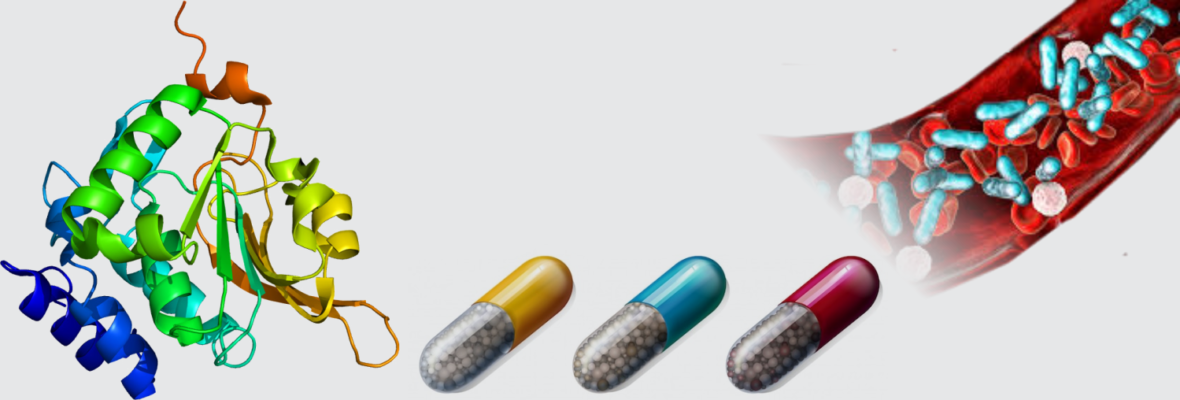PROCALCITONIN PCT
Procalcitonin (PCT) is the precursor of the hormone calcitonin hormone. Under usual conditions, the PCT is formed in thyroid C cells is converted to calcitonin. As a result, no PCT is released into circulation, and a procalcitonin level in the blood of healthy individuals is low. Therefore, it is normally undetectable in Healthy persons. PCT levels in healthy individuals are <0.1 ng/ml.
PCT is produced by any cell in the human body, often responding to bacterial infections and tissue injury. However, it is mainly released by kidney, liver, muscle, and fat cells in response to bacterial toxins in the body. For example, Streptococcus pneumoniae or Haemophilus influenza cause a more remarkable rise in procalcitonin levels than atypical bacteria.
The level of procalcitonin is increased in bacterial infections and sepsis. Serum PCT levels increase within 2-3 hours after exposure to bacterial toxins and peak at 24- 48 hours. Sepsis and septic shock can result from pneumonia, urinary tract infection, infected invasive devices, intra-abdominal and post-surgical infections. Primary areas are respiratory tract infections, followed by genitourinary and gastrointestinal infections.
Sepsis is the systemic response to microbial infection, and the patient usually develops a fever, tachycardia, tachypnea, and leucocytosis. Sepsis has become a global healthcare problem leading to organ dysfunction and frequent complication in hospitalized patients. Therefore, early diagnosis of sepsis and timely and specific treatment in the first few hours of triage is of great importance for proper antibiotic therapies.
Procalcitonin has gained clinical significance as a serum biomarker due to its good specificity in distinguishing bacterial infections from other causes of infection or inflammation. It is widely used as a helpful adjunct to clinical judgment for guiding antibiotic therapy and resolving diagnostic uncertainty in patients with lower respiratory tract infections.
PCT levels monitoring in patients with lower respiratory tract infections has resulted in a significant reduction in antibiotic consumption, thereby significantly decreasing mortality and morbidity in hospitalized patients.
J. Mitra & Co. offers diagnostic test kits for Quantitative determination of PCT levels in Human Serum and plasma; An ELISA test; PCT Quanti Microlisa and POCT test; PCT Quanti card, based on Fluorescence immunoassay. Both the products are indigenously developed and have good precision and accuracy in test results.
One should be wise enough to use PCT being a specific biomarker for an early and accurate diagnosis of bacterial infection and an effective antibiotic treatment!!


